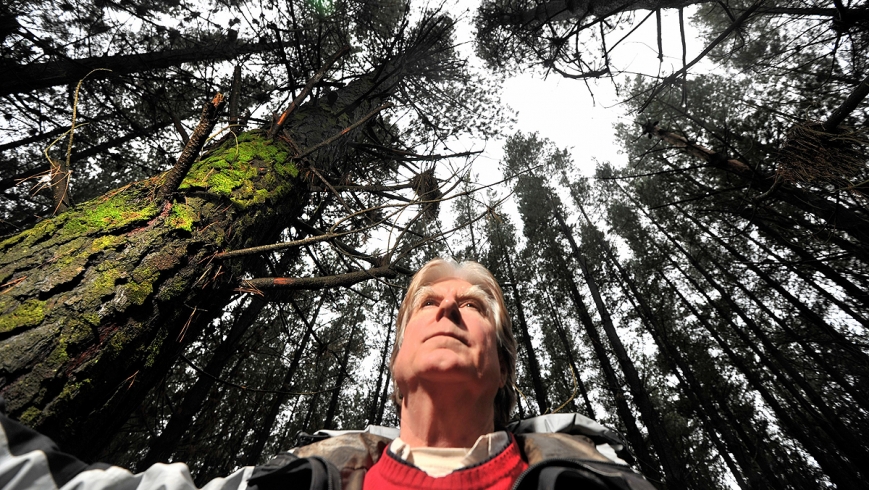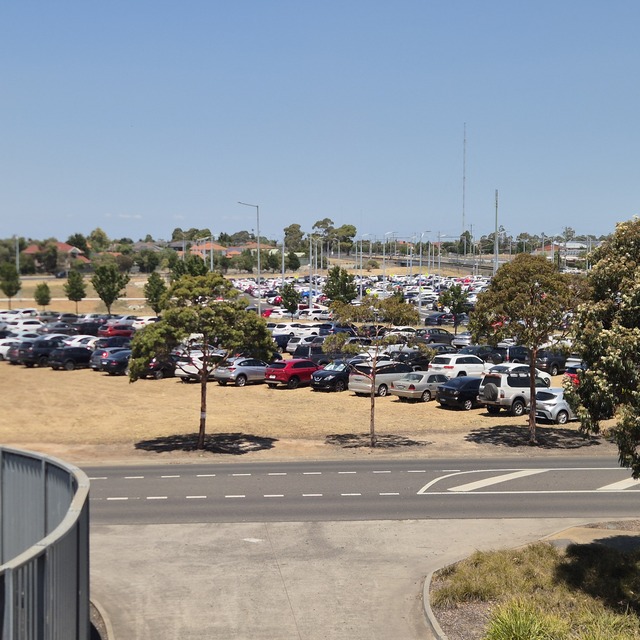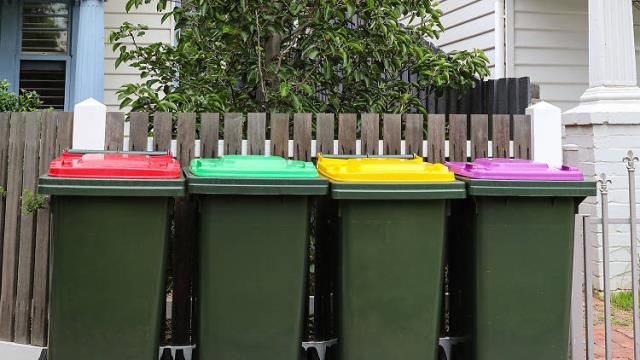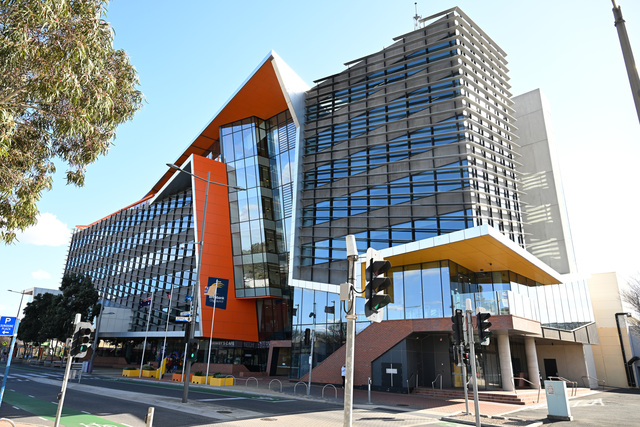Landmark Macedon Ranges pine plantations that have stood for 30 years are set to be razed.
Hancock Victorian Plantations (HVP) has begun logging a crop the company calls the “railway” plantation and will harvest about 100 hectares this year.
The rest of the plantations around Macedon and Woodend, about 1200 hectares in all, will be harvested in the next six years. They will be replanted with pines between June and August each year.
Macedon Ranges council last month received a mandatory timber harvesting plan that sets out ways the company plans to minimise operational impacts on water quality and river health.
WHAT DO YOU THINK? Post a comment below
HVP doesn’t need a specific permit to harvest. Its chief operating officer, Cameron MacDonald, said the company’s operations would be monitored by councils, water catchment management authorities, the Environment Protection Authority and Department of Environment and Primary Industries.
“HVP has an environmental management system that sets out prescriptions to minimise the impact of harvesting on the environment, including soil erosion,” Mr MacDonald said.
“The fact that we are harvesting large trees that have grown on these sites over multiple rotations would indicate that pines do not have a detrimental impact on soil health.”
But conservationist Marcus Ward said residents should be concerned.
“There’s really no one watching,” he said. “We’re relying on the professionalism and the good corporate nature of this company. I don’t want to say this company are bad citizens, when in fact they look to be pretty good citizens, but there are some anomalies.”.
HVP will harvest between 10 and 30 hectares of trees at a time, and residents can expect between five and 15 truck movements a day.
The harvesting will occur year-round.
Council planning and environment director Sophie Segafredo said the council was working with HVP to minimise vegetation removal along transport routes. About 75 per cent of logs that will be harvested will be trucked to Colac and the timber will be used for house construction in Victoria.
HVP also supplies logs to a mill in Albury that makes newspaper. Logs that are too soft or too small are sent to Geelong for wood chips and exported to Japan.
Mr Ward said the plantation was home to many animals. “It is habitat for wombats, wallabies and powerful owls, so when they clear it, those animals are going to be looking for new habitat,” he said.
“The community should be alert, including along the [Calder] freeway, to dispersing animals. They will be searching hard for a new home and there aren’t any because the whole environment is full already.”

















